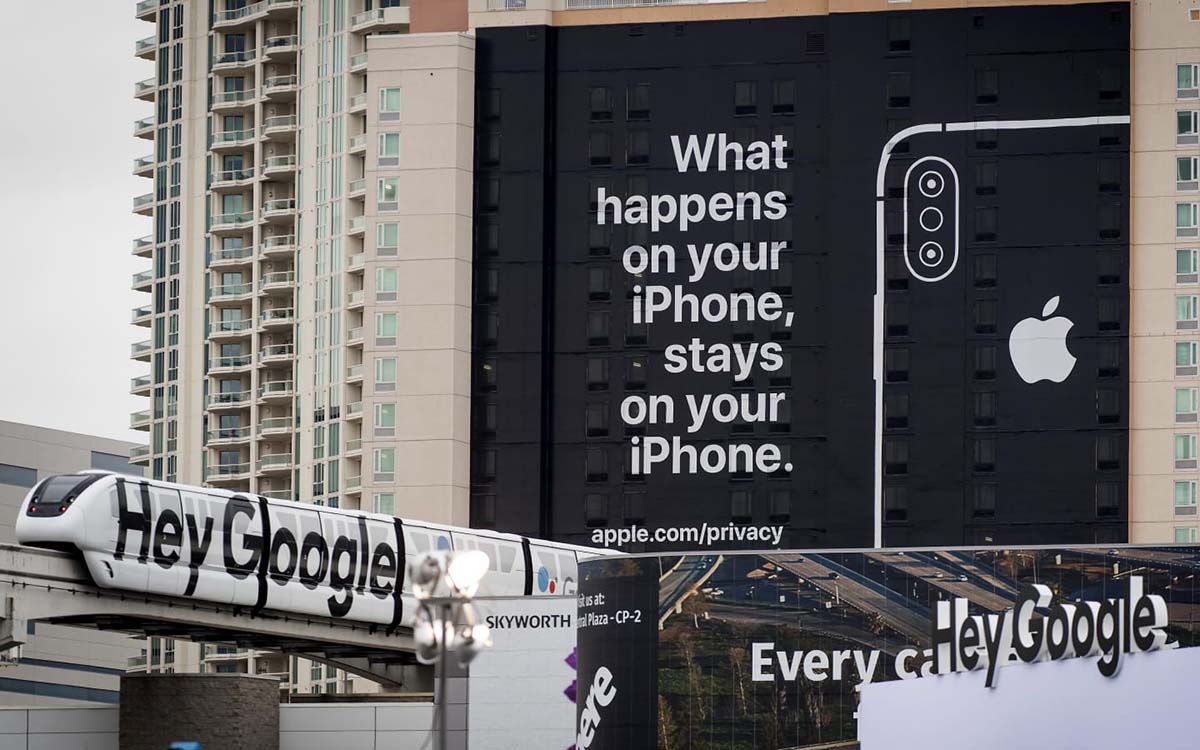What is Authenticity in Marketing
Key Points
- Authenticity Wins: Brands that stay true to their values and show their real side build stronger, more loyal connections with their audience.
- UGC & Social Shift: User-Generated Content and social media are booming as consumers seek genuine, relatable experiences over AI-driven content.
- Embrace Transparency: Transparency and honesty are key in today’s marketing. Consumers trust brands that are open about their values and actions.
In today’s digital age, where information is abundant and easily accessible, one thing has become increasingly clear: authenticity is the key to success in marketing.
Gone are the days when flashy advertisements and polished, picture-perfect content ruled the marketing world.
Today’s consumers crave realness, transparency, and genuine connections.
They want to see the true face behind the brand, not just a carefully curated facade.
But what exactly does authenticity in marketing mean, and why is it so crucial in today’s landscape? Let’s explore.
What is Authenticity in Marketing?
Authenticity in marketing is all about being genuine with your audience.
It means presenting your brand in a way that reflects its true values, mission, and identity—without the sugar-coating or artificial embellishments.
It’s about building trust by being transparent and honest, even when it’s not convenient.
In a world saturated with AI-generated content and automated interactions, authenticity is about showing the human side of your brand and connecting with people on a deeper, more personal level.
Why Authenticity Matters More Than Ever
In a market overflowing with content, consumers have developed a keen sense of discernment.
They can quickly spot when a brand is being disingenuous or overly polished. As AI-generated content becomes more prevalent, the desire for authentic, human interaction grows stronger.
People are tired of content that feels artificial or disconnected from reality. They crave something real—something they can relate to and trust.
This shift towards authenticity is not just a passing trend; it’s a response to the growing awareness among consumers that they are being marketed to at every turn.
Brands that fail to embrace authenticity risk being viewed as out of touch or, worse, manipulative.
On the other hand, brands that embrace authenticity can build stronger relationships with their audience, leading to increased loyalty and long-term success.
The Race for UGC Content
One of the clearest signs of this shift towards authenticity is the rise of User-Generated Content (UGC).
Brands are increasingly turning to UGC because it’s seen as more trustworthy and relatable than traditional marketing content.
When customers create content about your brand—whether it’s a review, a social media post, or a video—it’s perceived as more genuine because it comes from real people, not the brand itself.
UGC has become a cornerstone of modern marketing strategies because it aligns perfectly with the demand for authenticity.
Platforms like TikTok and Instagram also drive the boom in UGC, where real, unfiltered content often outperforms highly produced videos.
People want to see how your product fits into real life, how real people use it, and what real customers think about it.
This demand for authenticity is why UGC is so powerful—it’s not about selling; it’s about sharing.
Google’s Experiments and the Shift in Consumer Behavior
Another factor driving the push towards authenticity is the changing landscape of online search and information consumption.
Over the past few years, Google has been experimenting with its search returns, especially with the introduction of AI-driven tools like Gemini.
These changes have altered how people interact with search engines, and not always for the better.
Consumers are increasingly frustrated with fighting algorithms to find the information they need.
The constant tweaking of search algorithms and the push towards AI-generated answers have led to a decrease in trust.
People are now more skeptical of the results they see on search engines, leading to a decline in clicks on links.
This frustration is compounded by the fact that people today have shorter attention spans and less focus on the information they consume. As a result, many businesses are pivoting away from relying solely on search engine traffic.
Instead, there’s been a significant shift towards collecting emails and migrating to social media platforms.
Email marketing allows brands to communicate directly with their audience, bypassing the algorithms entirely.
Social media, on the other hand, offers a platform where brands can engage with their audience in real time, creating a more personal and authentic connection.
The new generation of consumers largely drives this shift—Gen Z and Generation Alpha—who are dictating the trends with their demand for transparency and genuine interactions.
Understanding Yourself and Your Brand
Before a brand can be authentic, it must first have a clear understanding of its own identity.
This means knowing your values, mission, and what sets you apart from the competition.
It’s about understanding who you are as a brand and what you stand for.
This self-awareness is crucial because it forms the foundation of your authenticity.
If you don’t know who you are, how can you expect your audience to connect with you on a genuine level?
Take a look at top brands that have mastered the art of authenticity. Patagonia is a prime example.
Their commitment to environmental sustainability isn’t just a marketing ploy—it’s embedded in everything they do, from their product materials to their corporate policies.
This consistency between their values and their
corporate policies has earned them a loyal customer base that genuinely believes in their mission.
Patagonia’s authenticity shines through because their values are not just words—they’re actions that align with what they stand for.
Another example is Dove, whose Real Beauty campaign challenged traditional beauty standards and encouraged women to embrace their natural beauty.
By aligning their brand with the value of self-acceptance and inclusivity, Dove has built a powerful connection with its audience that goes beyond just selling soap.
This connection is rooted in a shared value system that resonates deeply with consumers, making Dove’s message not just authentic but also impactful.
The Importance of Values in Authentic Marketing
Values are the core principles that guide a brand’s actions and decisions.
They are the foundation of authenticity because they provide a consistent framework for how a brand behaves, both internally and externally.
When a brand’s actions align with its stated values, it builds trust and credibility with its audience.
For instance, Apple is known for its commitment to innovation, simplicity, and privacy.
These values are evident in everything they do, from the design of their products to the way they handle customer data.
By staying true to these values, Apple has cultivated a fiercely loyal customer base that trusts the brand implicitly.
On the other hand, when a brand fails to live up to its values, it can quickly lose credibility.
The Volkswagen emissions scandal is a prime example. For years, Volkswagen marketed itself as an environmentally friendly car company.
But when it was revealed that they had been cheating on emissions tests, the brand’s credibility took a massive hit.
This disconnect between their stated values and their actions damaged their reputation and eroded customer trust.
The Boom of New Influencers and Generation Changes
The rise of social media has given birth to a new breed of influencers who have built their following not on perfection, but on relatability and authenticity.
These influencers are often seen as more trustworthy than traditional celebrities because they share their real lives—flaws and all—with their audience.
They don’t shy away from showing their struggles, their mistakes, or their true opinions, which resonates deeply with their followers.
This shift is particularly evident among younger generations. Generation Z and Generation Alpha are leading the charge towards authenticity.
They value transparency, social responsibility, and brands that are willing to take a stand on important issues.
For these generations, authenticity isn’t just a nice-to-have—it’s a must. They are more likely to support brands that align with their values and are honest about who they are.
Brands like Glossier have tapped into this by building their marketing around real customer stories and user-generated content.
By putting their community at the center of their brand, Glossier has created a sense of belonging and trust that has propelled them to massive success.
The Pitfalls of AI-Generated Content
As AI continues to play a larger role in content creation, the risk of losing authenticity increases.
While AI can be a powerful tool for generating content at scale, it lacks the human touch that makes content relatable and engaging.
AI-generated content can often feel generic, impersonal, and disconnected from the audience’s real needs and desires.
This is where the importance of authenticity comes into play.
As brands increasingly rely on AI, it’s crucial to ensure that the content they produce still reflects their values and connects with their audience on a human level.
This might mean using AI to handle repetitive tasks while leaving the more nuanced, creative aspects of content creation to real people who understand the brand’s voice and mission.
The Shift in Consumer Behavior and Business Strategy
The frustration with AI-driven algorithms and the declining trust in search engine results have led to significant changes in consumer behavior.
As people grow tired of fighting with algorithms and dealing with impersonal content, they’re less likely to click on links and more likely to seek out direct, meaningful interactions with brands.
This shift has prompted many businesses to focus on collecting emails and building direct lines of communication with their audience.
Email marketing allows brands to bypass the algorithms and connect directly with their customers in a more personal and controlled environment.
Additionally, many businesses are migrating to social media platforms, where they can engage with their audience in real time and create authentic connections.
Social media platforms, especially those favored by younger generations like TikTok, Instagram, and Snapchat, have become the new battleground for authenticity.
Brands that succeed on these platforms are those that understand the importance of being genuine, transparent, and value-driven.
They know that today’s consumers are looking for more than just a product—they’re looking for a brand that they can relate to, trust, and believe in.
How to Cultivate Authenticity in Your Marketing
So, how can brands ensure they stay authentic in their marketing efforts? Here are a few key strategies:
- Know Your Values: Clearly define the core values that drive your brand and make sure they are reflected in everything you do. Think of these values as the pillars that support your brand’s identity.
- Be Transparent: Don’t be afraid to show the human side of your brand, even if it means admitting to mistakes or shortcomings. Transparency builds trust and shows that your brand is honest and reliable.
- Engage with Your Audience: Listen to your customers and involve them in the conversation. Use their feedback to shape your content and ensure that it resonates with their needs and desires.
- Focus on Relatability: Instead of trying to present a perfect image, focus on being relatable. Share stories, experiences, and content that your audience can connect with on a personal level.
- Balance AI with Human Touch: While AI can be a useful tool, it’s important to balance it with genuine human interaction. Make sure that your content still feels personal and authentic, even if it’s generated by a machine.
Conclusion: Authenticity in Marketing
In a world where consumers are bombarded with content at every turn, authenticity is the key to standing out.
Brands that understand their values, stay true to themselves, and connect with their audience on a real, human level are the ones that will thrive in this new era of marketing.
As the demand for genuine, relatable content continues to grow, the importance of authenticity will only become more critical.
So, embrace your true self, stay connected to your values, and let authenticity drive your marketing efforts.




























